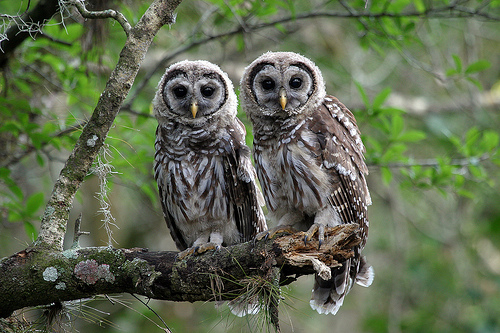Category: Birds
Birds are those warm blooded vertebrates that have feathers and wings. They lay eggs and have two legs.
-
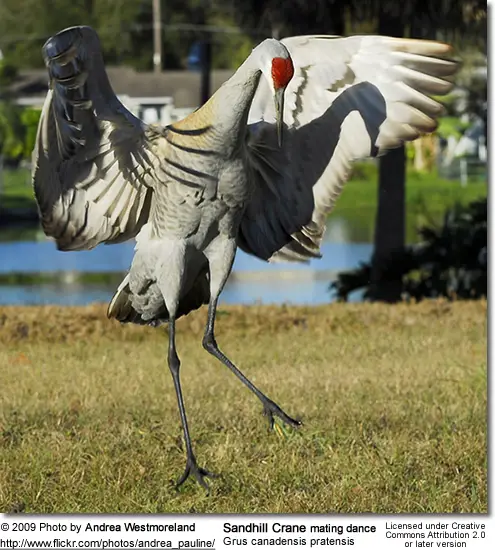
Sandhill Crane Facts | Anatomy, Diet, Habitat, Behavior
The sandhill crane (Grus canadensis) is a large North American bird that is often found in the Platte River. The crane also typically occurs on the edge of American Plains as well as on the extreme northeastern Siberia. They are migratory birds. Each year 450,000 sandhill cranes migrate. Sandhill Crane Facts Anatomy The adult sandhill…
Written by
-
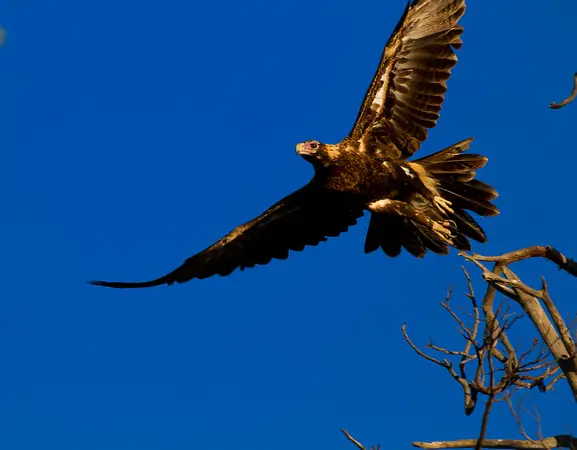
Wedge Tailed Eagle Facts | Anatomy, Diet, Habitat, Behavior
The wedge-tailed eagle (Aquila audax) is the largest bird of prey of Australia. The eagle is one of the world’s largest birds with the wingspan measuring more than 9 feet. An isolated population also occurs in some parts of Papua New Guinea, southern New Guinea, and Indonesia. Wedge Tailed Eagle Facts Anatomy The adult female…
Written by
-

What Do Peregrine Falcons Eat | Peregrine Falcon’s Feeding and Diet
The peregrine falcon (Falconidae) is admired for its spectacular diving attacks at speeds of more than 100 miles per hour. They are so quick in the air that they could even get hold of the most acrobatic birds. Unique among falcon’s behavior is that it hunts other birds in the air. What Do Peregrine Falcons…
Written by
-

Hyacinth Macaw Facts | Anatomy, Diet, Habitat, Behavior
The hyacinth macaw (Anodorhynchus hyacinthinus) is the most majestic bird of the central and South America. It is the largest and perhaps the most impressive of all parrots. The bird has the prominent dark blue plumage, yellow eye along with the long tapering tail. Hyacinth macaw is found in north Brazil to as far extreme…
Written by
-
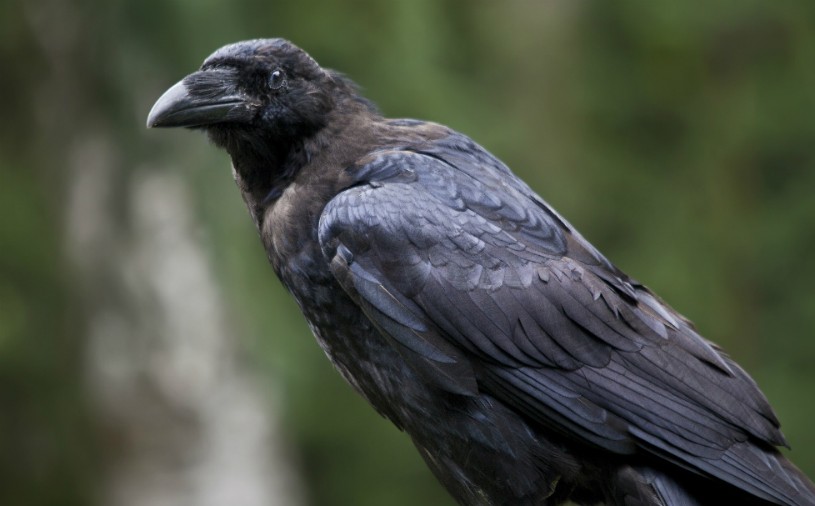
What Do Ravens Eat in the Wild | Ravens Feeding Behavior & Diet
Ravens have an extremely varied diet as they scavenge on many different species such as moose, domestic goats, deer, caribou, domestic cows and sheep. In the Mojave Desert, they are known to eat roadkills. Ravens also scavenge on snakes, ground squirrels, antelopes, and black-tailed jackrabbits. What Do Ravens Eat in the Wild Ravens are not…
Written by
-
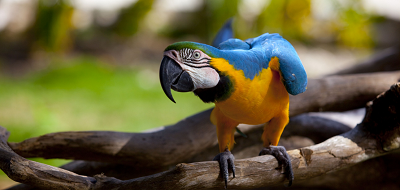
Blue and Yellow Macaw Facts | Anatomy, Diet, Habitat, Behavior
The blue and yellow macaw (Ara ararauna) is found in the tropical woodlands of South America. It belongs to the large group of neotropical parrots. They are one of the largest parrots of the family Psittacidae. Like other parrot species, macaws also make very popular pets. Blue and Yellow Macaw Facts Anatomy The blue and…
Written by
-
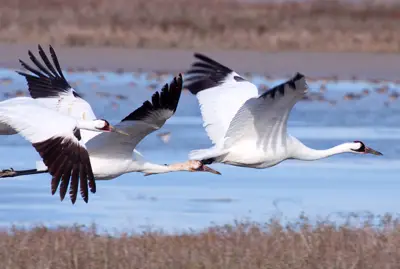
Whooping Crane Facts | Anatomy, Diet, Habitat, Behavior
The whooping crane (Grus americana) is the tallest bird in North America. It is an endangered species but the population has recovered in the last 10 years or so. There were only 150 cranes remaining in 2003 as against the current estimates of more than 437 pairs of whooping cranes. Whooping Crane Facts Anatomy The…
Written by
-
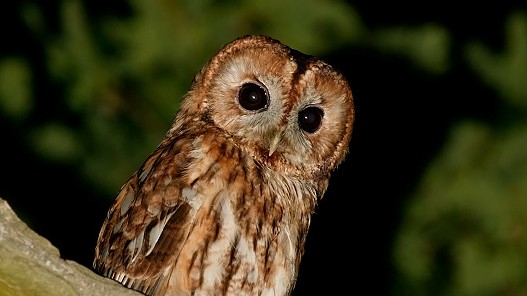
Tawny Owl Facts | Anatomy, Diet, Habitat, Behavior
The tawny owl (Strix aluco) is a medium-sized brown bird found commonly in Eurasia. The owl is believed to be highly territorial and migratory. It is a nocturnal species and is likely to prey on rodents. It makes nest in an abandoned tree cavity to go by potential predators. Tawny owls are highly vocal birds.…
Written by
-
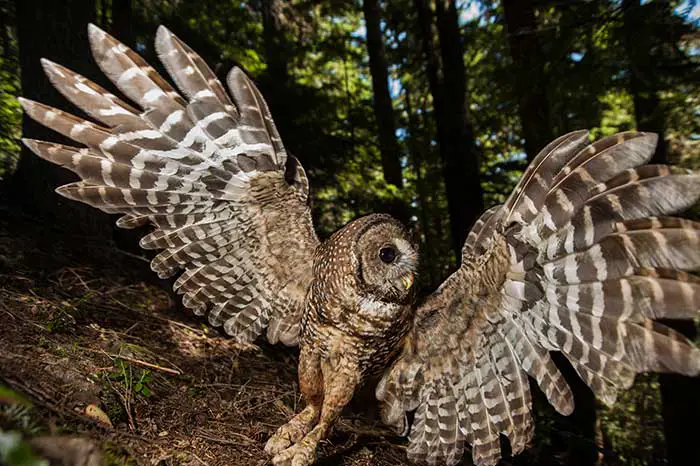
Spotted Owl Facts | Anatomy, Diet, Habitat, Behavior
The spotted owl (Strix occidentalis) is a true owl species. It is mostly found in the old-growth forests of western North America. The bird is almost entirely nocturnal and it is thought to feed on small birds and mammals. Spotted owls are smaller than the barred owls. Spotted Owl Facts Anatomy The spotted owl is…
Written by
-

Kingfisher Bird Facts | Anatomy, Diet, Habitat, Behavior
Kingfishers are medium-sized group of colored birds that belong to the order Coraciiformes. Many kingfisher species are found outside the United States but they do have a cosmopolitan distsribution. While both males and females have nearly the same plumage there is a slight difference though. They will feed on many small animals including fish. Kingfisher is…
Written by
-
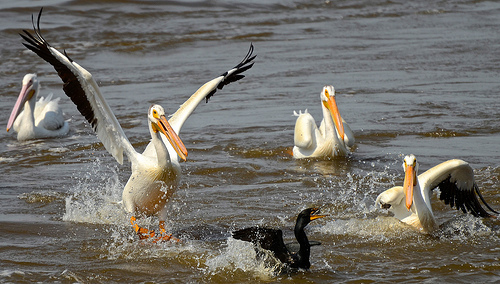
What Do Pelicans Eat | Pelicans Diet & Feeding Behavior
Pelicans are the large water birds belong to the family of Pelecanidae. Much of the pelican’s diet consists of fish which can be as long as 30 cm. It’s only sometimes that pelicans rely on turtles, amphibians, crustaceans, and birds. They are most likely to prey on aquatic animals which they catch at the water…
Written by
-

Wild Turkey Facts | Anatomy, Diet, Habitat, Behavior
The wild turkey (Meleagris gallopavo) is a native bird of North America. It makes home in a variety of habitats. The bird is the largest native gallinaceous bird discovered by the European immigrants. Hunting reduced the population of wild turkey to the lowest numbers by the end of the 19th century. Wild Turkey Facts Anatomy…
Written by
-
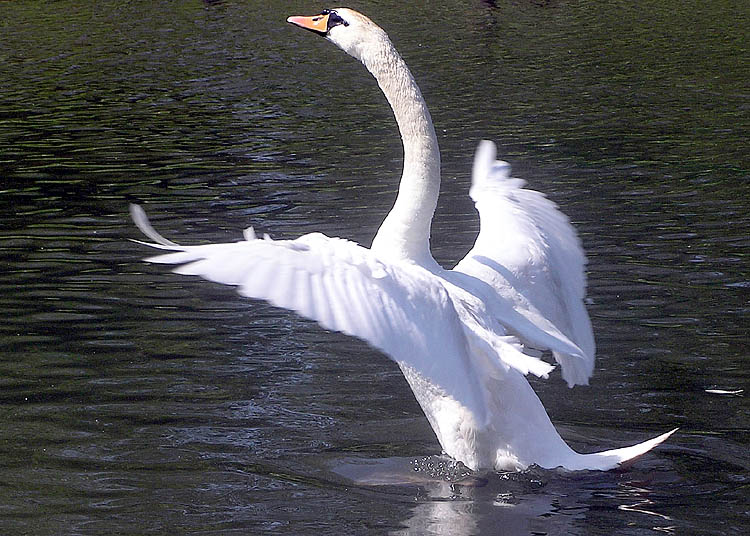
Mute Swan Facts | Anatomy, Diet, Habitat, Behavior
The mute swan (Cygnus olor) is one of the heaviest of flying birds and it is prominent by its pure white plumage. It is found all over the Britain, Eurasia, to as far as China and New Zealand. In fantasy stories, mute swans are often pictured as silent gentle bird but in reality these birds…
Written by
-

Brown Pelican Facts | Anatomy, Diet, Habitat, Behavior
The brown pelican (Pelecanus occidentalis) is a heavyweight hunter that flies American coastlines in large aerial formations. It is the only pelican species that dives into the sea to catch fish. The bird is a relatively common species as it often visits tourist beaches. The pelican patrols west coast of America from California to as…
Written by

